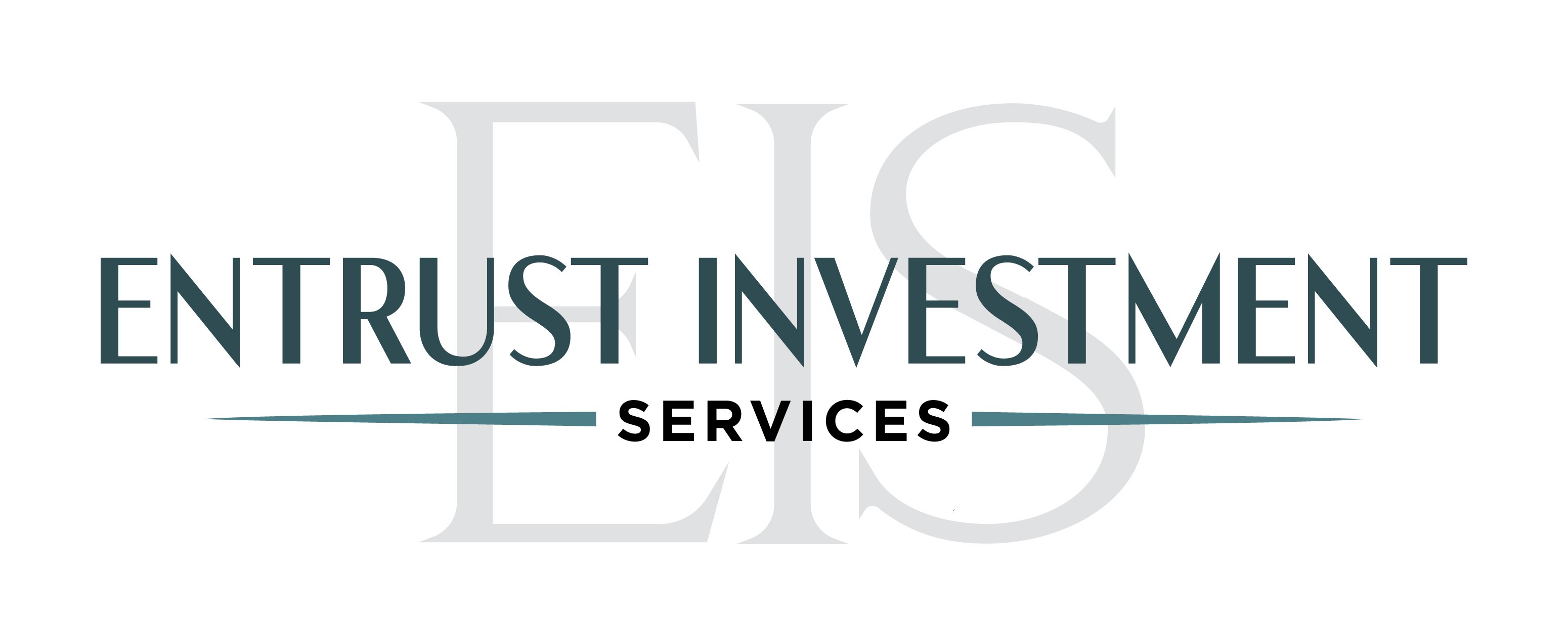When considering estate planning, one goal is ensuring your beneficiaries are taken care of in the best possible manner. For some families, an immediate and lump sum inheritance may not be the most beneficial strategy. This is where irrevocable trusts come into play. They provide a means to control how and when assets are distributed, thereby potentially protecting beneficiaries from themselves, predatory individuals, or poor financial decisions.
Understanding Irrevocable Trusts
At its core, an irrevocable trust is a fiduciary agreement that allows a trustee to hold assets on behalf of beneficiaries. Once assets are transferred into this trust, the terms cannot be easily altered or terminated without the consent of the beneficiaries.
Two main characteristics define an irrevocable trust:
- Permanency: Unlike revocable trusts, which can be easily changed by the grantor, an irrevocable trust generally cannot be altered after it's set up.
- Asset Protection: Assets within an irrevocable trust are no longer owned by the grantor. Therefore, they are typically shielded from creditors and can be excluded from estate taxes.
Benefits in Estate Planning
1. Tax Implications: Since assets placed in the irrevocable trust are not considered part of the grantor's estate, they won’t be subject to estate taxes upon the grantor’s death. This can be a significant advantage for estates that would otherwise be above the estate tax threshold.
2. Asset Protection: Beyond tax implications, assets in an irrevocable trust are generally safe from the grantor’s creditors. They can't be claimed to settle any of the grantor’s debts.
3. Controlled Distributions: This is the primary advantage when considering beneficiaries who may be ill-equipped to handle a sudden influx of wealth. The grantor can specify terms for asset distribution. For instance, a beneficiary might receive funds at certain age milestones or when specific conditions are met.
Protecting Beneficiaries from a Lump Sum Inheritance
It's not uncommon to worry about younger or financially inexperienced beneficiaries inheriting large sums. An irrevocable trust provides a solution:
1. Staggered Distributions: Instead of a one-time inheritance, the trust can be structured to distribute assets at various ages or life stages, e.g., 25, 30, and 35.
2. Conditions-Based Distributions: Funds can be released based on meeting certain conditions, such as graduating from college, purchasing a first home, or starting a business.
3. Protection from Creditors and Predators: Assets in the trust are shielded from the beneficiary's creditors, as well as from anyone with bad intentions.
4. Appointing a Reliable Trustee: A trusted individual or institution can be appointed to manage the trust, ensuring assets are used wisely.
Conclusion
Estate planning is a deeply personal and strategic endeavor. Irrevocable trusts provide an excellent mechanism to ensure that your legacy is not just preserved, but also thoughtfully distributed in a manner that best benefits your loved ones. It empowers the grantor to create a legacy that offers protection, guidance, and support to beneficiaries long after the grantor's passing.
Before setting up an irrevocable trust, it's crucial to consult with legal and financial professionals to ensure it aligns with your estate planning goals and that all potential implications are fully understood.




